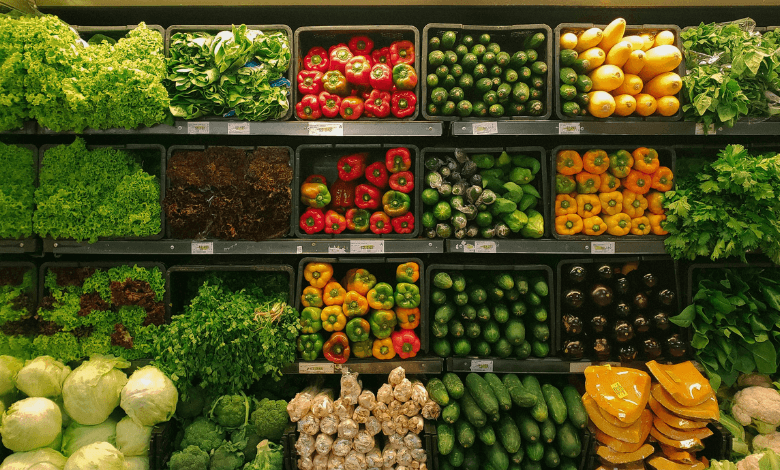Climate change’s impact on inflation and food prices should no longer be ignored

The climate crisis has turned into one of the greatest threats to human health and the economy. Rising global temperatures are accelerating inflation and pushing the cost of food, goods and services even higher. The trend is expected to continue for years to come.
Researchers from the Potsdam Institute for Climate Impact Research and the European Central Bank in Germany recently raised serious concerns over rising temperatures potentially boosting average inflation by as much as 1.2 percentage points annually until 2035.
Published in the journal Communications Earth & Environment, the peer-reviewed report noted that climate change could push the cost of food by as much as 3.2 percentage points a year, highlighting the precarious situation the global community is in currently.
Food inflation under different emissions scenario
The aforementioned figures consider inflation in the context of the worst-case, highest emissions scenario. But the researchers said climate change is likely to drive up inflation even under the best-case emissions scenario. Overall inflation could rise an average of 0.3 percentage points.
Moreover, food inflation under the best-case scenario is also expected to rise an average of 0.9 percentage points each year through 2035. The numbers highlight the need to put greater emphasis on the brutal consequences of climate change.
Overall, the researchers involved said climate change is likely to put persistent pressure of “considerable magnitudes” on inflation regardless of emissions trajectories, adding that mitigating carbon emissions and embracing better technological solutions could help.
Enormous impact of climate change on food inflation
The research took Europe as a case study to understand the impact of changing temperatures. They found that the extreme heat during the summer of 2022 boosted overall inflation by 0.34 percentage points and food inflation by 0.67 percentage points.
The researchers noted that inflation and rising food prices are set to hit people living in richer and poorer countries alike, but it is the global South that is expected to be hit the hardest. The study calls for more focus on the deepening crisis and finding effective solutions at the earliest.
Earlier this year, the EU’s Copernicus Climate Change Service confirmed 2023 as the hottest year ever. Later on, it noted that the planet experienced its hottest January, February and March on record, due to a combined effect of climate change and the ongoing El Nino phenomenon.
Read More: Climate change shaping the future of Brazilian cattle sector: Key details inside

 March 2024 is the tenth month in a row to be the hottest for the respective month in the
March 2024 is the tenth month in a row to be the hottest for the respective month in the 



